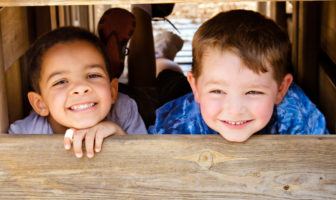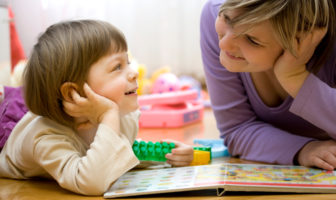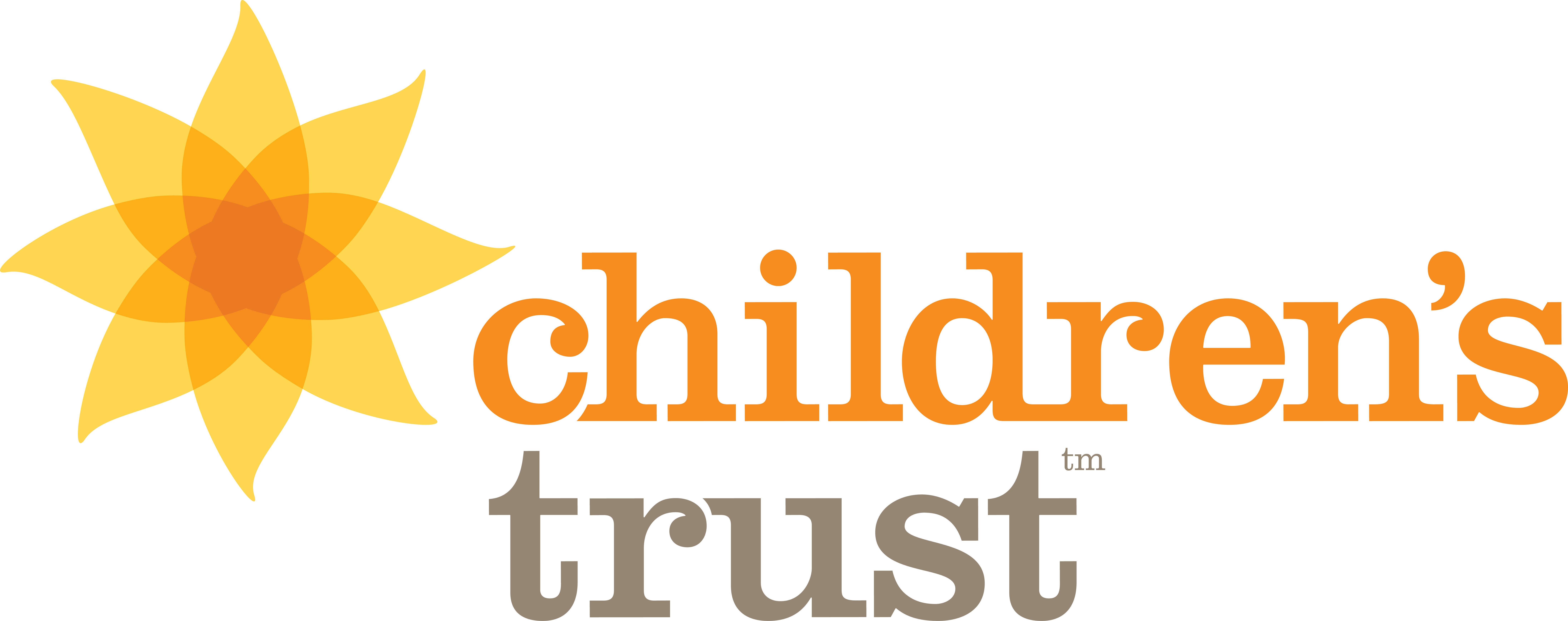Your child may be curious or notice some of their friends have two moms or two dads or has questions about others that are LGBTQ+.

Helping Your Child Navigate Friendships
As children grow, they will begin to branch out and develop relationships with people outside of your family. As your child learns how to navigate friendships with peers, it is important they have an adult to support them. Your children are developing new social skills when they begin to make and maintain friendships; over time they will get better at handling friendships, but they may need your support to learn these skills.
Depending on the age of your child, you may need to support friendships differently.
For younger children in preschool to elementary school:
1. Create opportunities for friendship – for younger children it is important to set up playdates and other times for them to meet children of the same age. Start by planning playdates that are short in length and in a familiar location, in order to ease your child into being around new people.
2. Teach them to use manners – you may want to use playdates to remind your child how to take turns, share, and speak kindly to others. Model these behaviors in your interactions and friendships too.
3. Teach them to take their peers’ perspectives – as your child gets older, they will begin to learn how to see things from other people’s point of view. This skill will be helpful in developing healthy friendships. You can help them build this skill by modeling and role-playing conversations about empathy.
For older children in elementary school or older:
1. Teach them friendship-related skills – your child’s friendships can be supported by teaching them skills to maintain friendships. These skills may include ways to develop trust in their friends, share things about themselves, and listen to others. These may help your child develop more close relationships by gaining more reciprocity in the friendship.
2. Nurture self-confidence – empowering your children to them stand up for themselves and knowing their worth will help them to develop and maintain positive friendships. This may protect them from the negative impacts of bullying.
3. Focus on social media safety – social media can help your child connect with others, but it is important to teach them how to use it for positive relationship building while protecting themselves from harm.
There are many ways to support your child to build healthy, positive, and safe friendships across childhood. Use these tips to begin setting up playdates and discuss healthy friendships with your child. Positive friendships in childhood may help them have better relationships as they grow up. For more information visit the American Psychological Association’s Tips on Peer Relationships.
other articles and videos we love
Gender identity is defined as a person’s internal experience of gender (girl, boy, neither, both, etc.).





